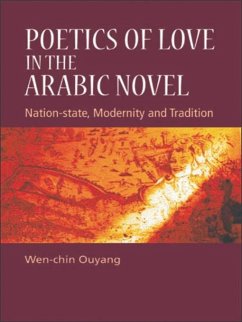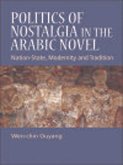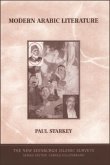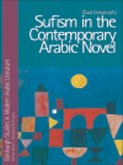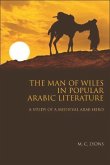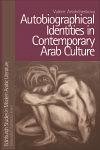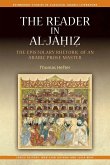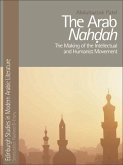To date scholarship on the Arabic novel has been preoccupied with postcolonial or nationalist discourses on identity and culture. This book extends our understanding of the genre by moving beyond this approach to consider the Arabic novel within the triangle of the nation-state, modernity and tradition. It shows the ways in which the Arabic novel has taken shape in the intercultural exchanges between East and West, and past and present.
It takes the love story as the central trope through which the Arabic novel tells the tale of its search for form in a world mapped by conflicting ideas. This tale is presented as a series of failed, illegitimate love affairs, all tainted by its suspicion of the legitimacy of the nation, modernity and tradition, and above all by its misgivings about its own propriety.
Dieser Download kann aus rechtlichen Gründen nur mit Rechnungsadresse in A, B, BG, CY, CZ, D, DK, EW, E, FIN, F, GR, HR, H, IRL, I, LT, L, LR, M, NL, PL, P, R, S, SLO, SK ausgeliefert werden.

